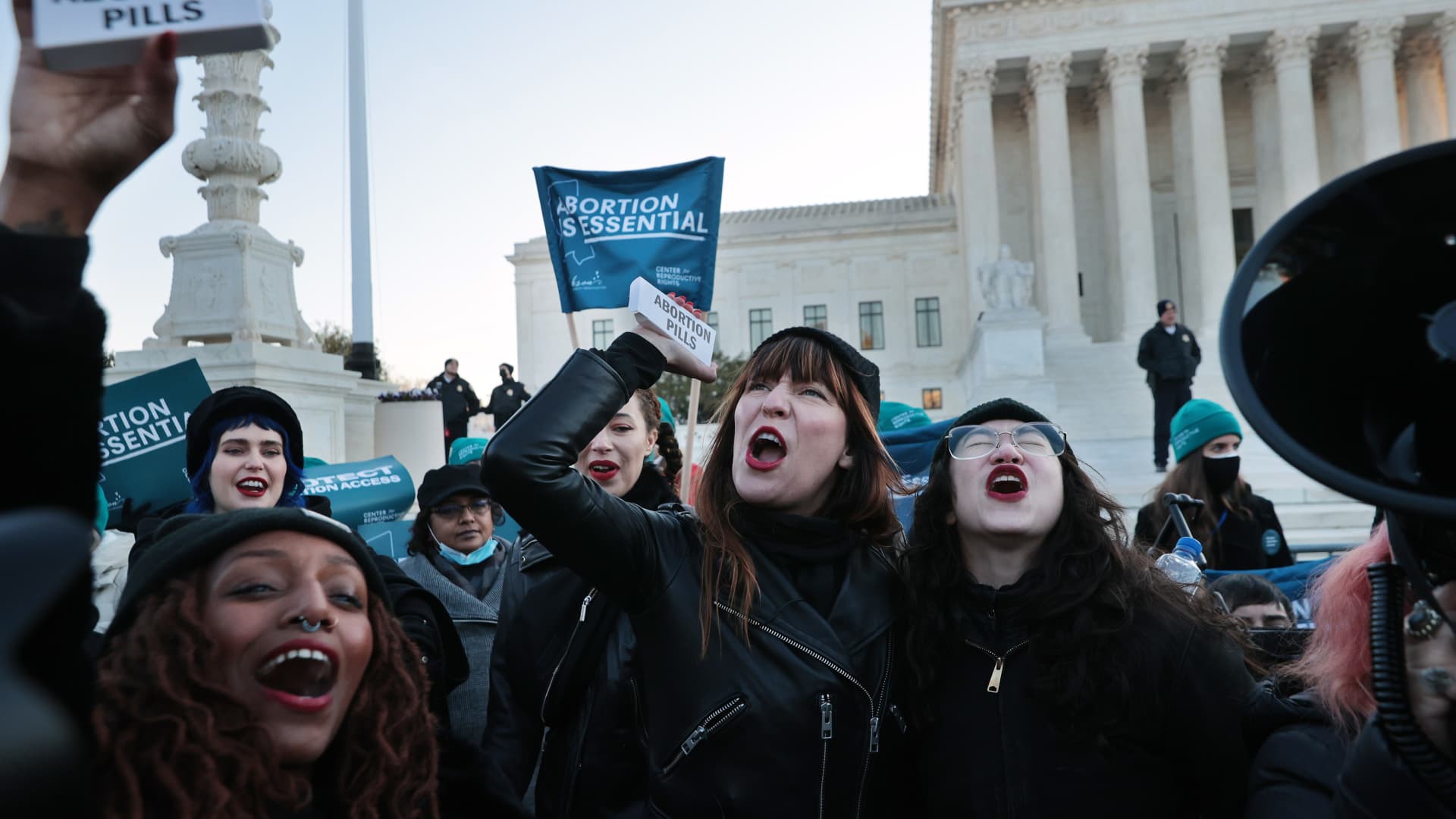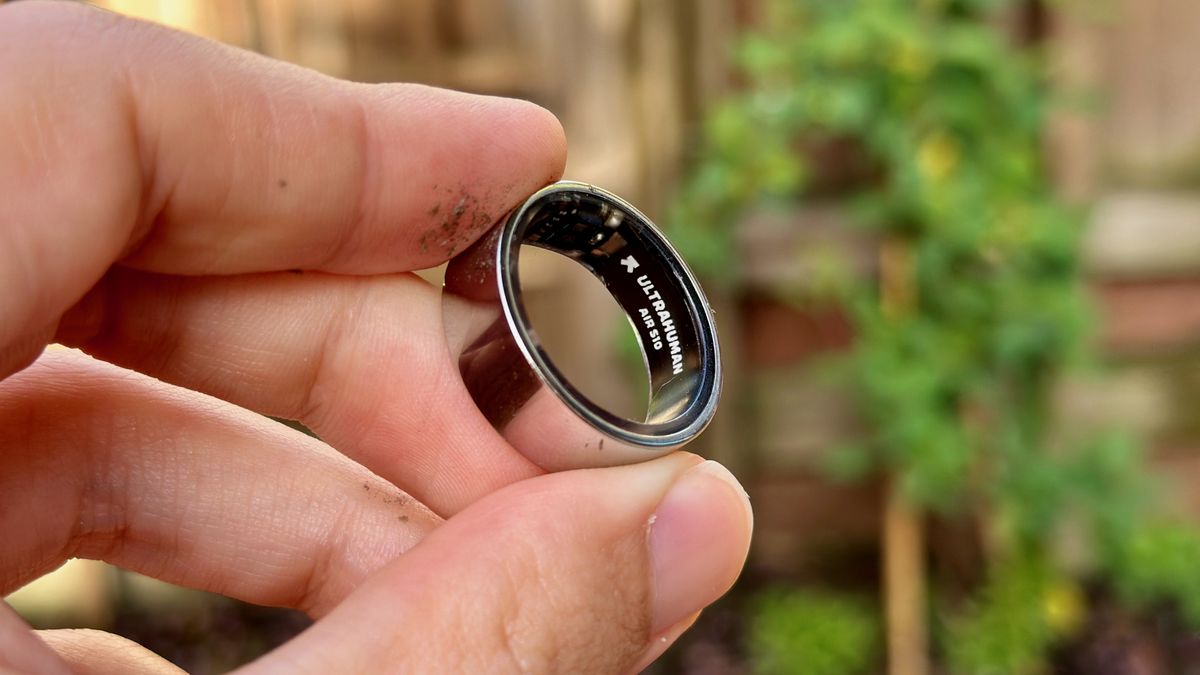Chip Somodevilla | Getty Images News | Getty Images
Twelve Democratic-led states have sued the Food and Drug Administration to challenge certain federal restrictions imposed on the distribution of the abortion pill mifepristone, saying those limits are not supported by evidence.
The lawsuit, led by Washington state and Oregon, was filed on Thursday in federal court in Yakima, Washington and aims to expand access to mifepristone by allowing it to be prescribed and dispensed by any doctor or pharmacy, like most drugs. Currently, doctors who prescribe mifepristone, and pharmacies that dispense it, must obtain a special certification.
Meanwhile, a separate lawsuit by anti-abortion activists that seeks to end access to the drug is proceeding in Texas.
Mifepristone, in combination with the drug misoprostol, was approved in 2000 by the FDA for medication abortion in the first 10 weeks of pregnancy. Medication abortion accounts for more than half of U.S. abortions.
Medication abortion has drawn increasing attention since the U.S. Supreme Court last year reversed its landmark 1973 Roe v. Wade ruling that had legalized abortion nationwide. The decision enabled more than a dozen Republican-led states to adopt new abortion bans.
“The federal government has known for years that mifepristone is safe and effective,” Washington state Attorney General Bob Ferguson said on Friday in a statement announcing the lawsuit. “In the wake of the Supreme Court’s radical decision overturning Roe v. Wade, the FDA is now exposing doctors, pharmacists and patients to unnecessary risk. The FDA’s excessive restrictions on this important drug have no basis in medical science.”
The lawsuit said mifepristone is “safer than many other common drugs FDA regulates, such as Viagra and Tylenol.”
The other states that are part of the lawsuit are Arizona, Colorado, Connecticut, Delaware, Illinois, Michigan, Nevada, New Mexico, Rhode Island and Vermont.
An FDA spokesperson declined to comment on the lawsuit.
Anti-abortion activists have asked a federal judge in Texas to order mifepristone off the market nationwide, arguing that the FDA used an improper process to approve the drug and did not adequately consider its safety for minors.
In addition to challenging the FDA’s restrictions on how the drug is made available, the Democratic-led states are asking the court to rule that the agency’s approval of mifepristone is lawful and valid, potentially setting up a conflict with any order in the Texas case that would require federal appeals courts to weigh in.
The FDA’s special restrictions on mifepristone are imposed under a safety program meant to minimize the risk of potentially dangerous drugs. The agency has relaxed those restrictions several times since they were first imposed, most recently in January when it allowed certified retail pharmacies to dispense mifepristone.
After last year’s Supreme Court ruling, President Joe Biden directed federal agencies to expand access to medication abortion. Vice President Kamala Harris defended mifepristone on Friday after meeting with reproductive rights groups at the White House, calling attacks against it an attempt to attack fundamental American rights.





















Discussion about this post